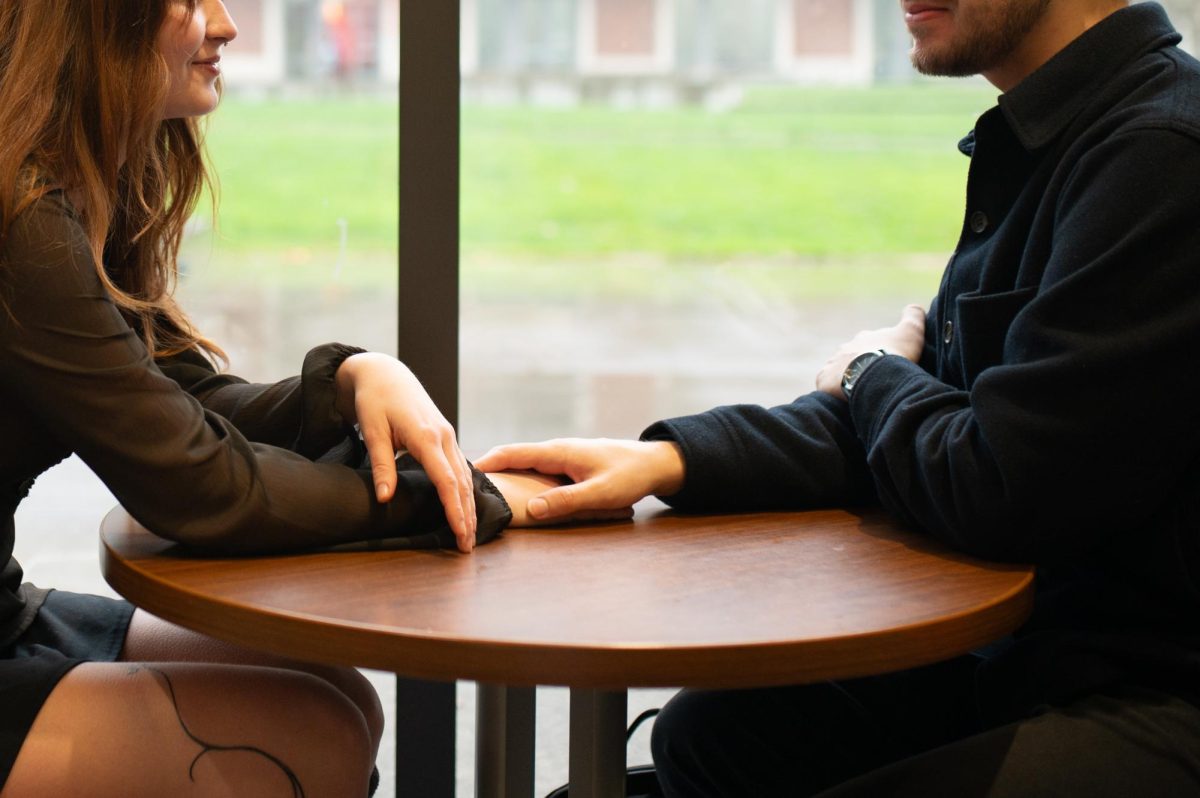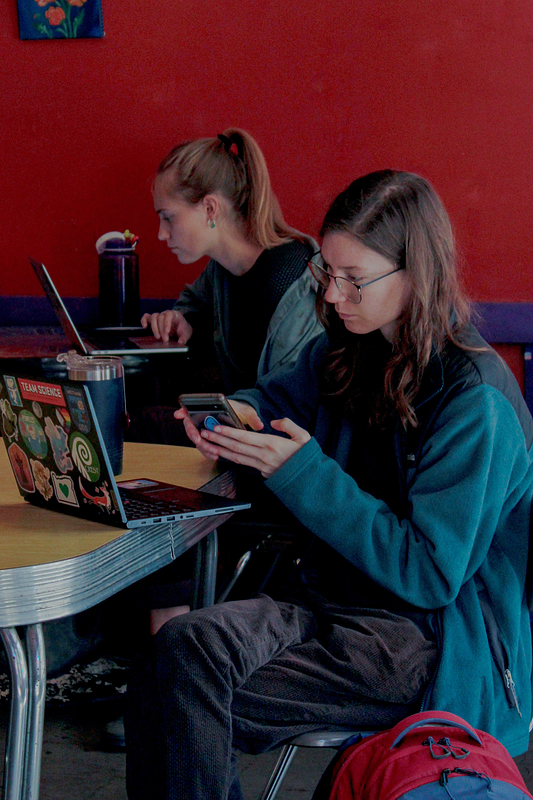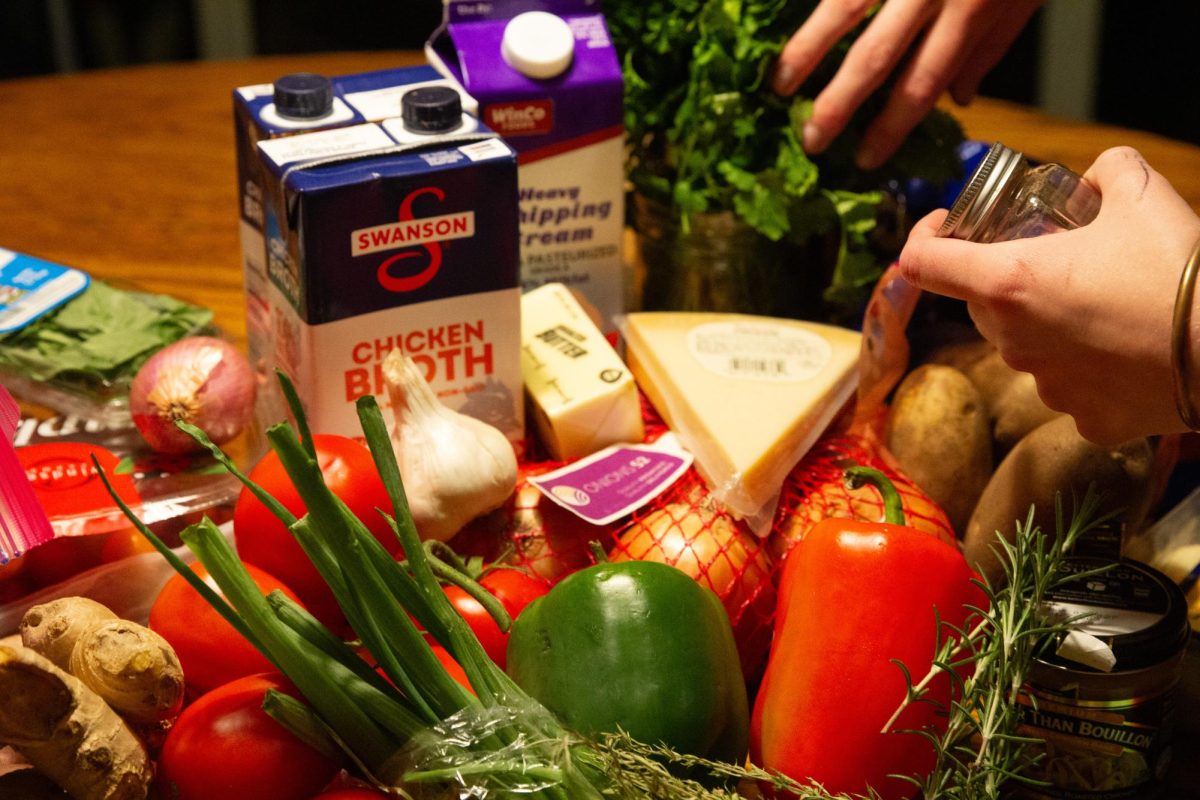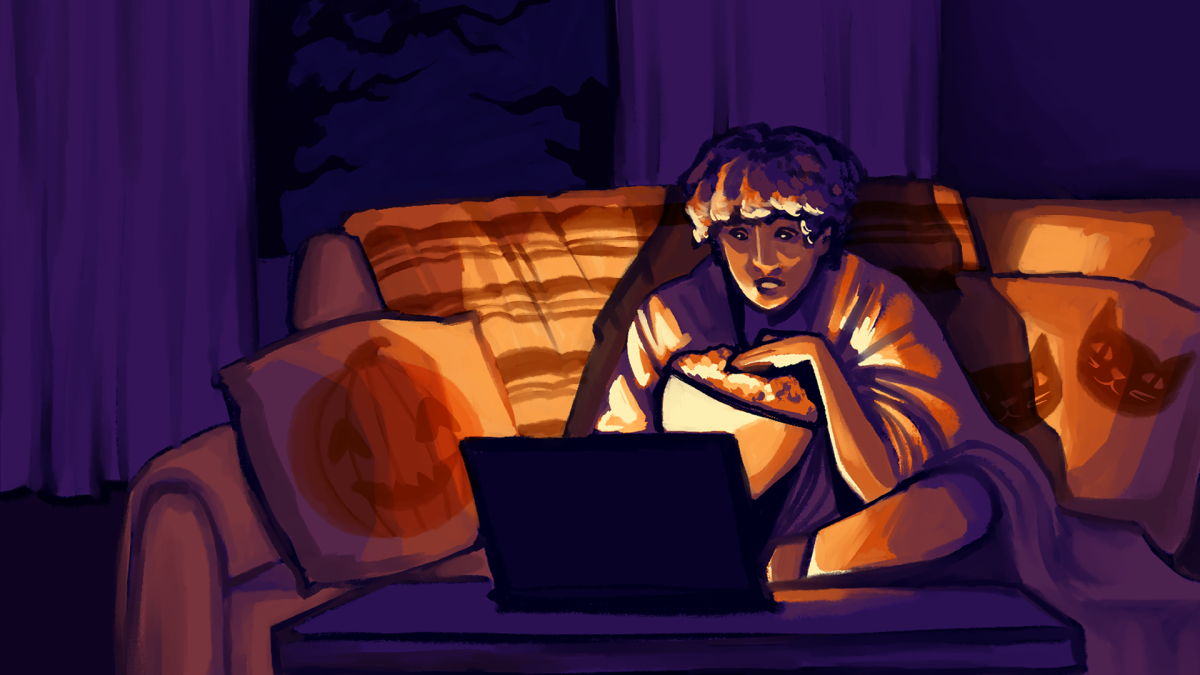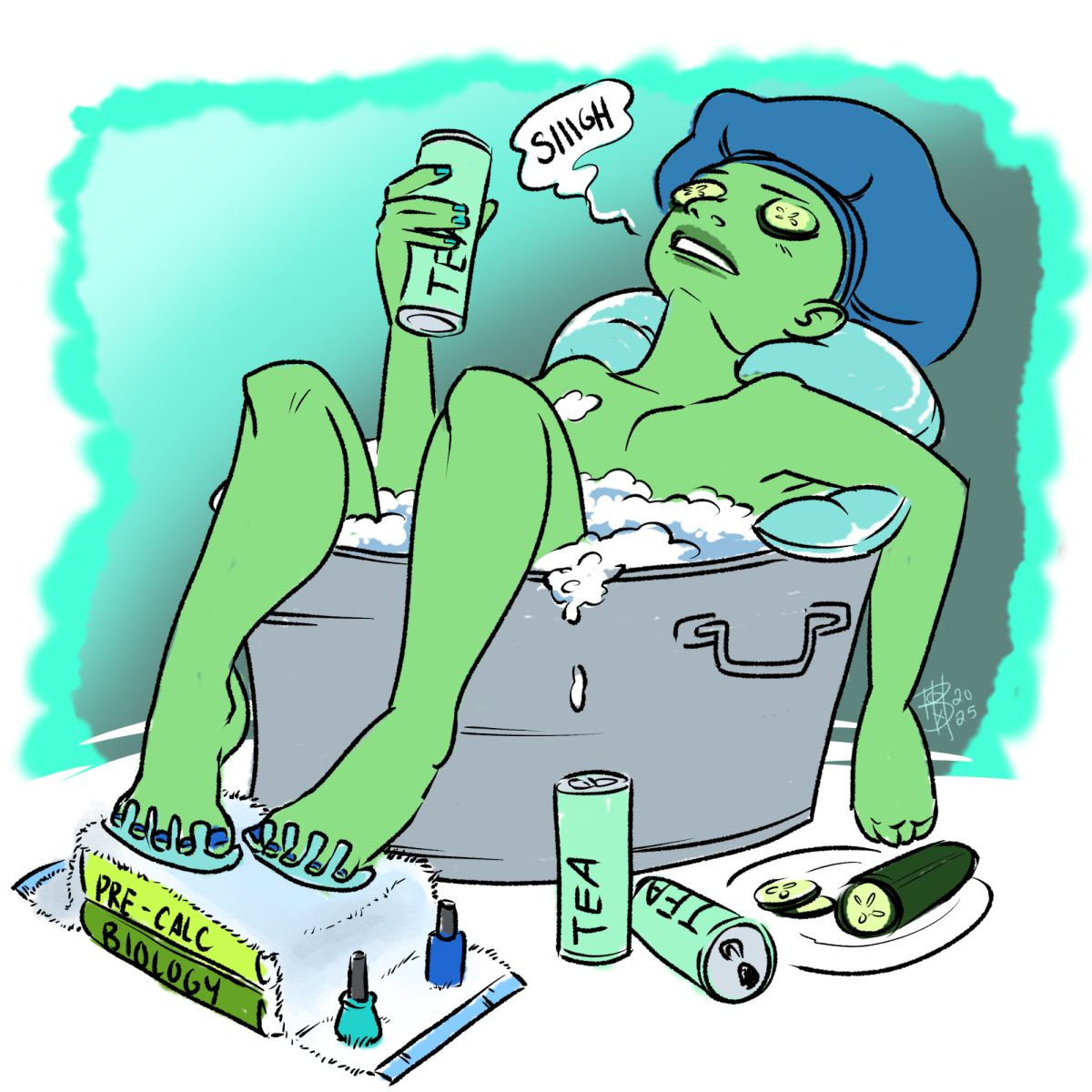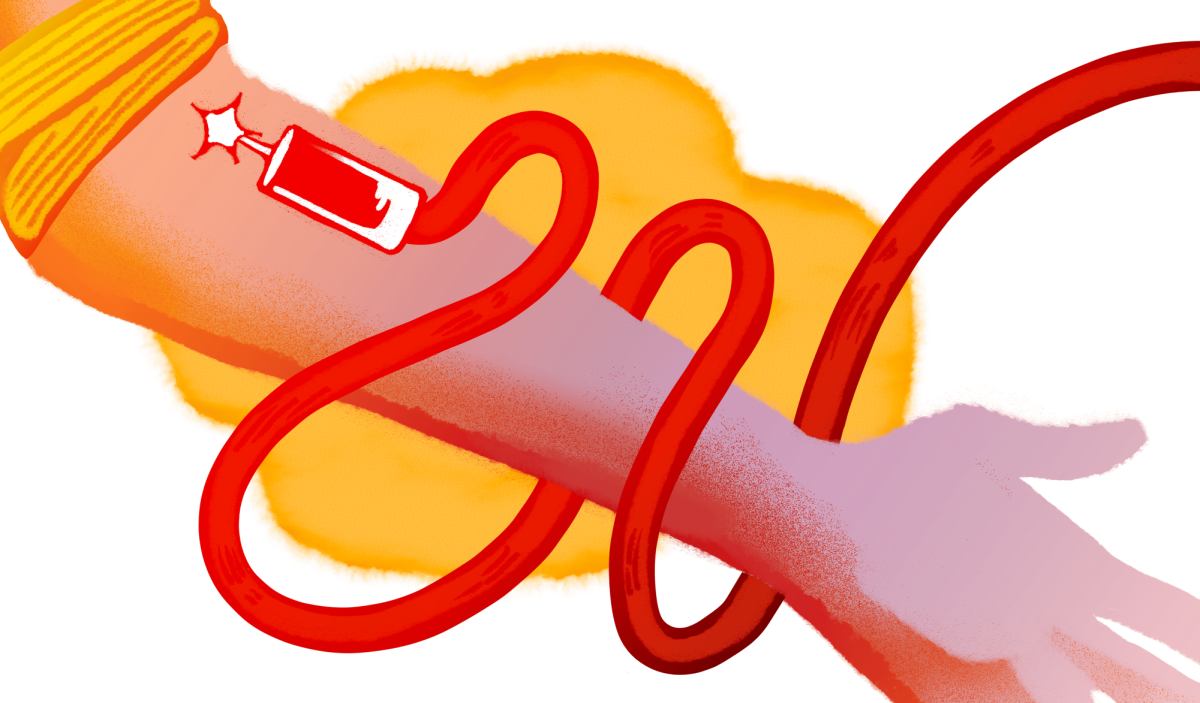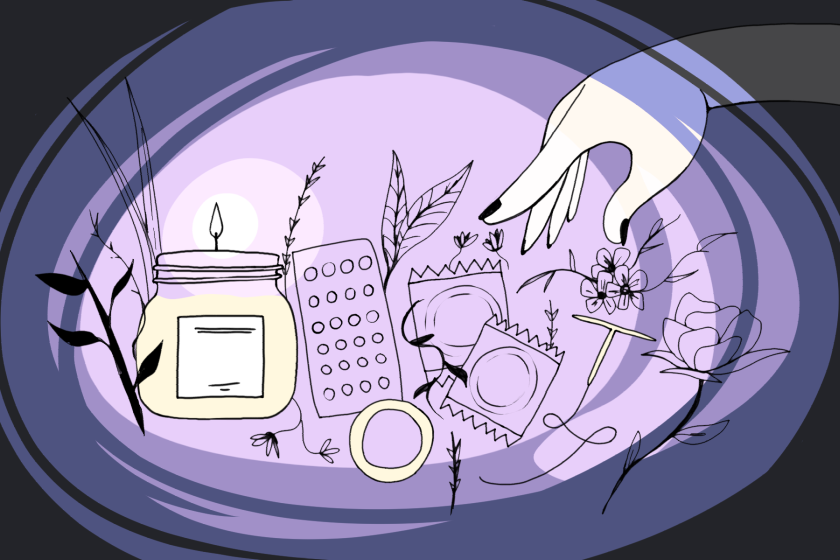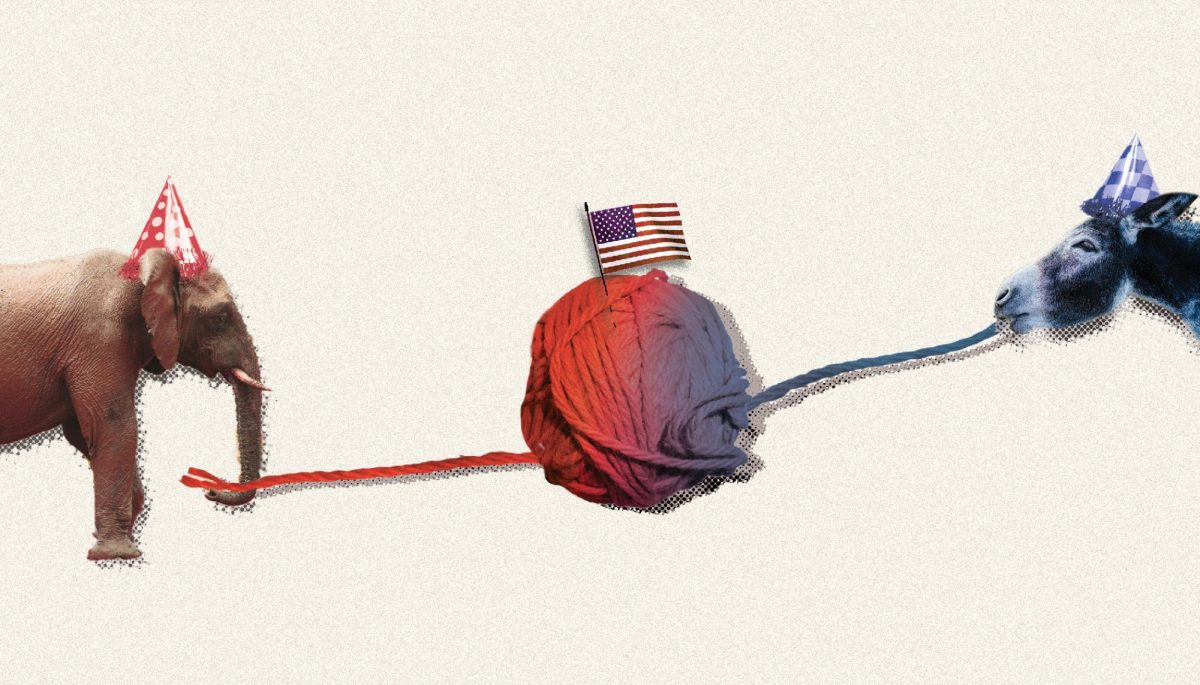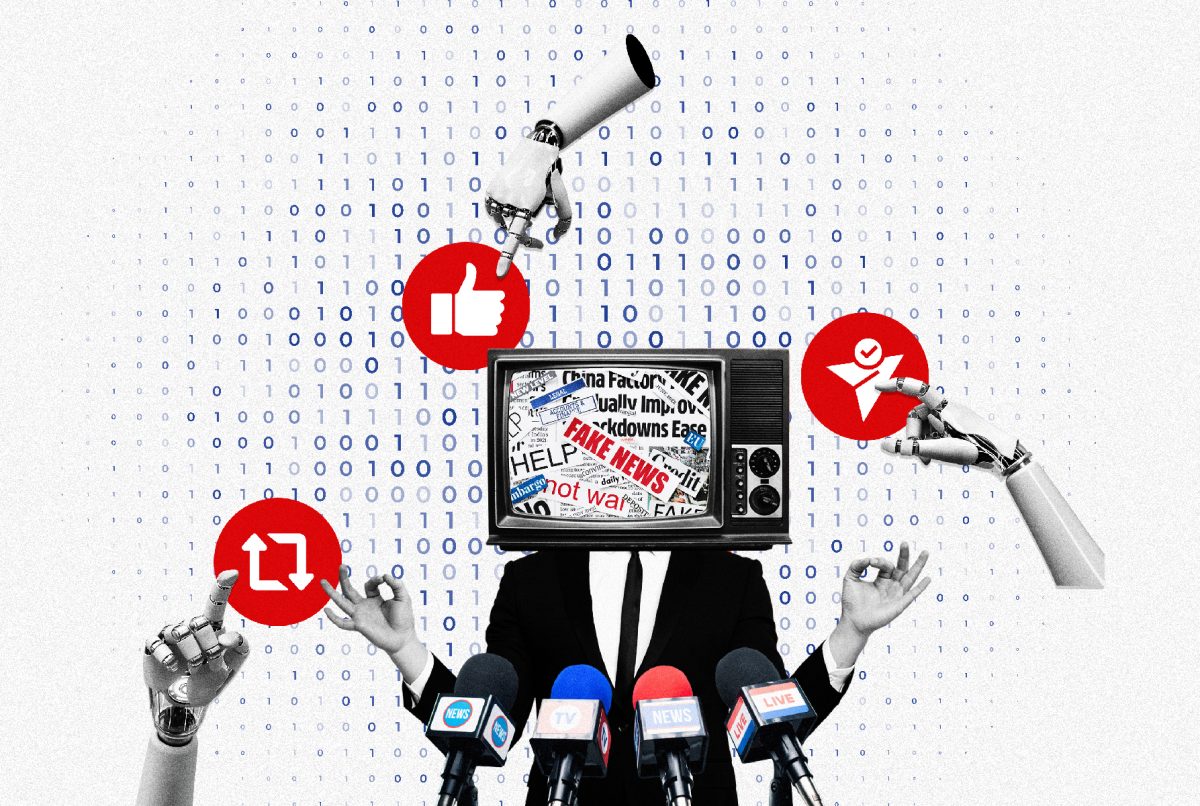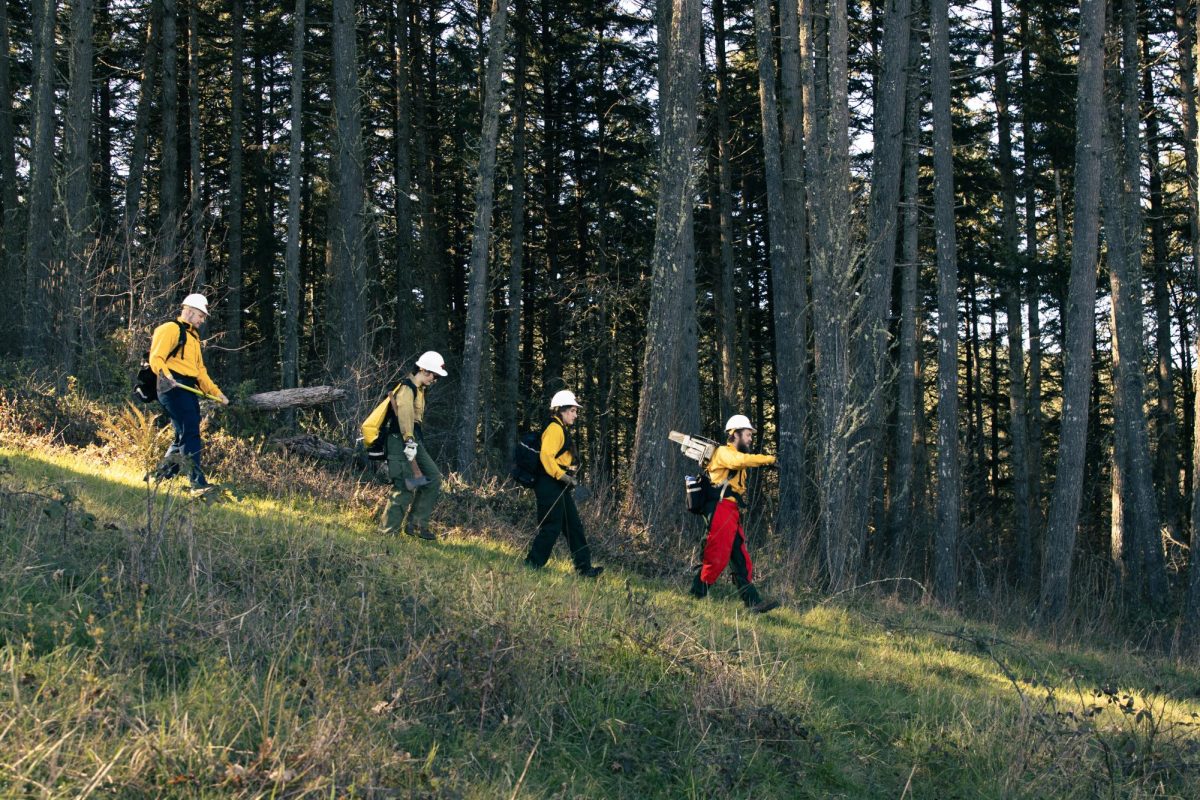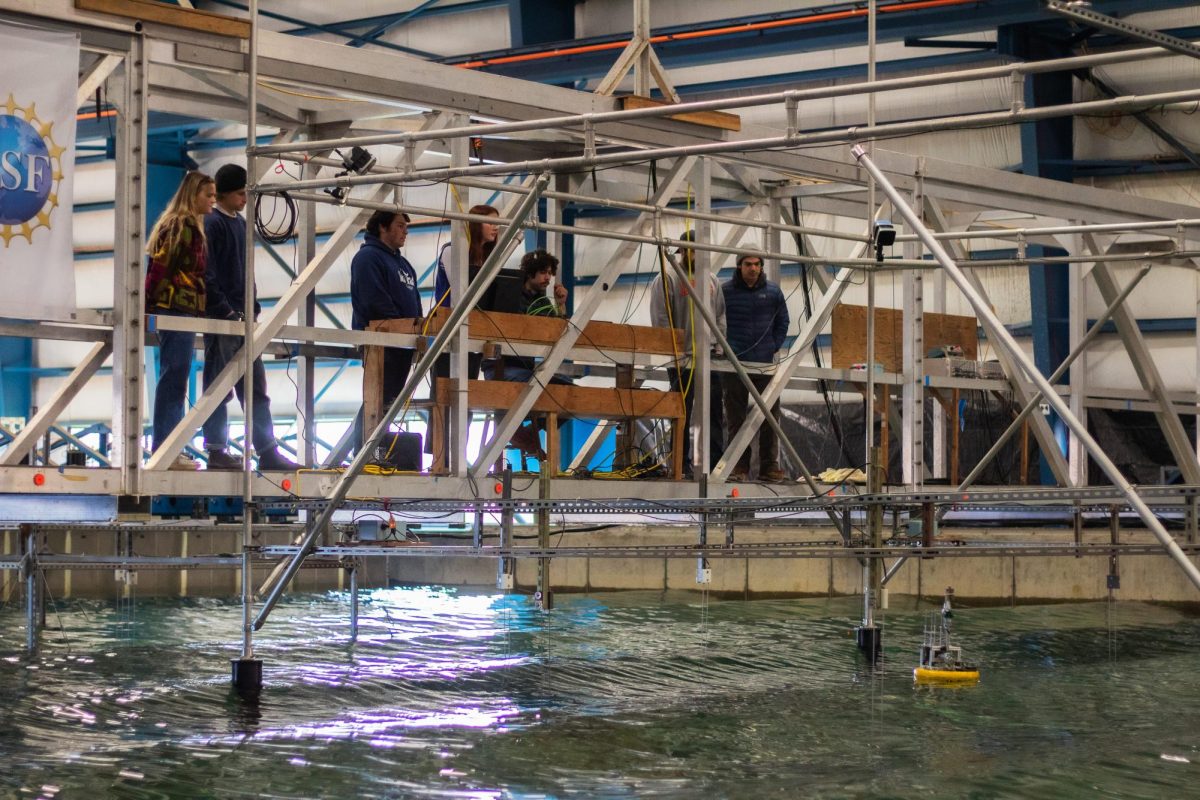Navigating the dating world, especially in college, can be difficult – there are so many factors to consider: Are you compatible, are you looking for the same things, do you share the same values and principles?
These questions not only make the dynamics of dating even more complex, they could also be overwhelming.
One way to simplify dating is identifying traits, beliefs or behaviors you like or dislike in a person – or in a relationship. In other words, putting things in terms of “Green Flags” and “Red Flags.” While these can be helpful, they can also very well be different from person to person.
Green flags could be personality traits, hobbies or general behaviors that indicate a relationship is healthy and has strong potential to turn into something serious and long-lasting.
According to OneLove, a non-profit organization that strives to teach young people what to look for in order to find a healthy relationship, examples of green flags are being honest and communicative, trustworthy, respectful, fun and supportive.
Red flags however, are more obvious to identify.
If a person is controlling, doesn’t respect boundaries, is possessive and manipulative, belittles or gaslights and doesn’t handle conflict well, it’s best to run the opposite direction as soon as possible.
Before you even start looking for red or green flags, it’s important to make sure you actually have certain things in common.
“Some people are firm about having things in common,” said Steven Ortiz, an associate professor in sociology at Oregon State University. “(Such as) political beliefs, religious beliefs and generally in terms of general attraction, physical attraction is very important.”
Once you develop romantic attraction to someone, you need to find a way to get to know that person in order to determine whether that connection will go anywhere.
“I think everyone wants to find someone that makes them feel good,” Ortiz said. “And a relationship may develop from dating and it may not. On your first date, say in college, you want to be with somebody that you look forward to seeing again, on a second date.”
One green flag in a person can be having healthy and stable close relationships.
“I talk to them about their family and friends,” said Beth Gagner, a second-year forestry major at OSU. “If someone has a lot of good stable friendships, that’s usually a good sign.”
“If they have some good stable friendships, quality you know, can they have good platonic relationships? That’s always a great sign for romantic relationships,” Gagner said.
For Gagner, another green flag is someone who knows themselves well and has figured out their likes and dislikes.
“How well do they know themselves?” Gagner said. “And how willing are they to step outside of their normal comfort zone?”
Gagner used skating as an example.
“If I suggested, ‘do you want to go skating with me?’ And they’re like, ‘I’ve never been skating before, but I’m willing to try it’, I like that because I like someone who’s willing to grow and try (new) things,” Ganger said.
To decide whether a connection will continue, Gagner would want to know what the other person is looking for.
“Are they looking for something serious? Are they looking for something casual? Are they keeping their options open and open to both?” Gagner said.
To Gagner, not knowing how to respond to these questions could be a red flag
“If they just say I don’t know, I’m like, okay you don’t have any expectations for me, you don’t know yourself,” Gagner said.
One red flag, according to Ortiz, is obsessively talking about your ex on the first date.
“One red flag would be for one dating partner to self disclose their (previous) relationships… If they’ve been sexual relationship then sharing all this information on the first date is a turn off,” Ortiz said.
Ortiz proposed what he called safe talk, which are conversations that could start from a surface level subject, discussing pop culture, for instance, that could potentially lead into something more meaningful.

